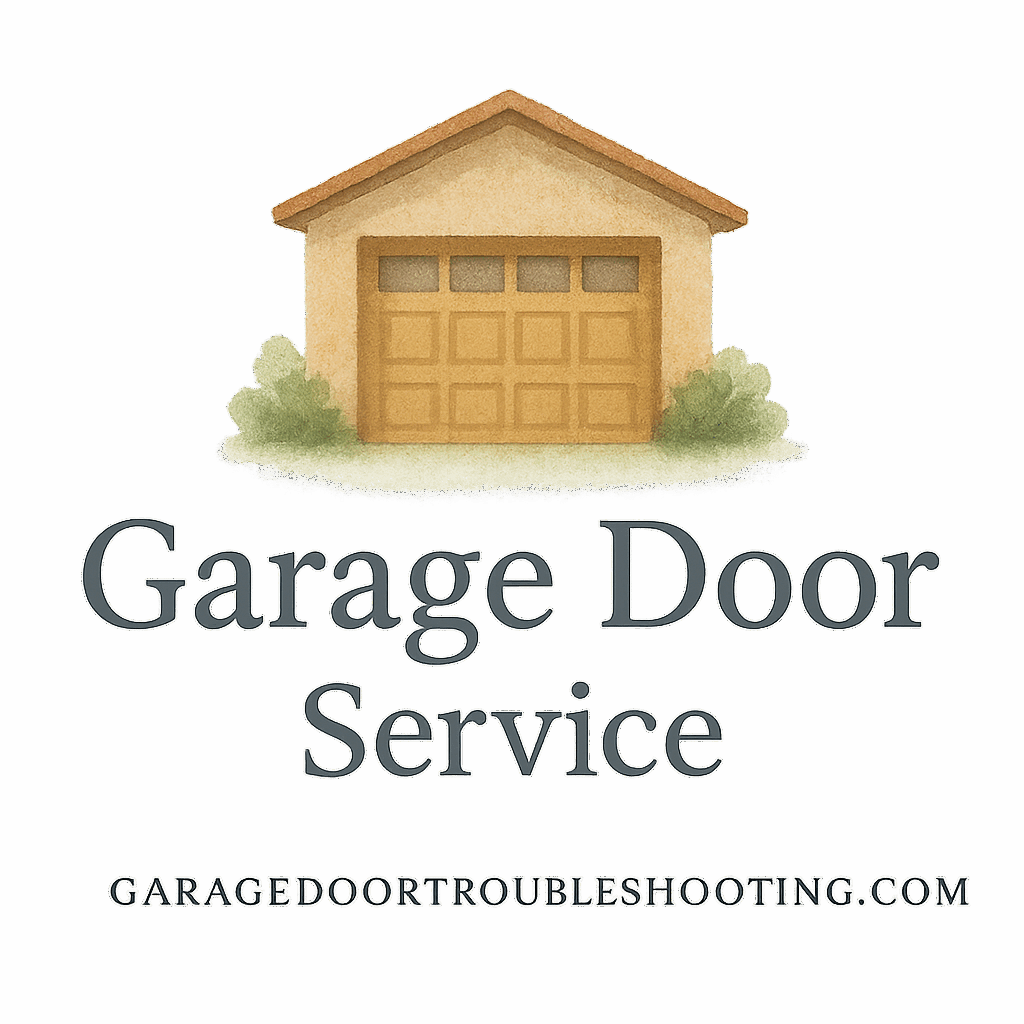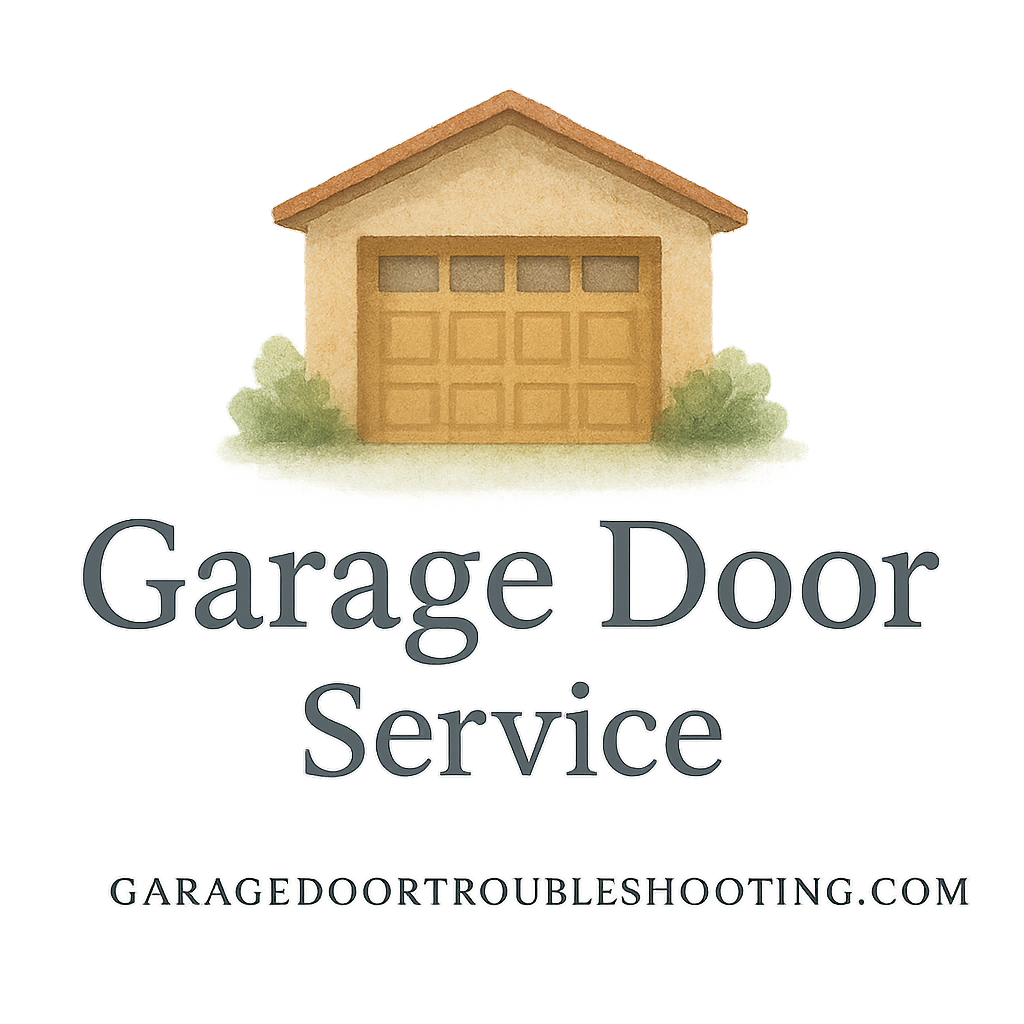Garage doors are the unsung heroes of your home—working day in and day out without a fuss. But just like any hardworking component, they need regular care. If you’re a homeowner trying to keep that garage door smooth and squeak-free, this guide is for you. Let’s dive into the 10 essential tools you need for garage door maintenance—because trust us, your garage door will thank you!
Why Garage Door Maintenance Matters
Ever had your garage door groan like it’s in pain? Or worse—refused to open altogether? Regular maintenance helps you avoid costly repairs, keeps your home secure, and prolongs the life of your door.
Think of it like brushing your teeth. Skip it long enough, and you’re headed for disaster. A well-maintained garage door reduces the risk of dangerous repairs, enhances safety, and keeps your home’s curb appeal in check.
Safety First: Preparing for Maintenance
Before you even grab a wrench, safety should be your number one priority. Trust me, those springs aren’t messing around.
Childproofing and Protective Measures
Keep the kiddos and pets far away when you’re working. Maintenance can involve small parts, tools, and even minor electrical components. Childproofing tips are key, especially for busy families.
Common Precautions Every Homeowner Should Take
- Unplug the opener
- Use proper lighting
- Wear gloves and goggles
- Never tamper with high-tension springs unless you’re trained
Check out this guide on garage door safety and security to make sure you’re prepped for the job.
Essential Tools for Garage Door Maintenance
Let’s break down the toolkit. These 10 tools are non-negotiables when it comes to keeping your garage door in top shape.
1. Adjustable Wrench
The ultimate multitasker. You’ll need this for tightening bolts and nuts that loosen from everyday use. It’s especially handy for adjusting brackets and fasteners.
2. Socket Set
A socket set gives you precision that a wrench alone can’t. It’s essential when working on the opener or adjusting the mounting hardware.
3. Flathead and Phillips Screwdrivers
You’ll be surprised how often these are needed—whether you’re removing screws from panels or adjusting limit switches.

4. Lubricants and Degreasers
Moving parts = friction. Friction = wear and noise.
Choosing the Right Garage Door Lubricant
Avoid WD-40—it’s a degreaser, not a lubricant. Instead, go for silicone-based sprays or lithium grease. Check out our garage door maintenance tips for proper application.
5. Clamps and Locking Pliers
Need to hold your door in place while working on it? These tools are your safety net. They help prevent unexpected movements.
6. Level Tool
A level tool ensures that tracks and brackets are perfectly aligned. A crooked door is a problem waiting to happen.
7. Tape Measure
Precision is everything. You’ll use this to check the spacing on sensors, rollers, and more.
8. Cordless Drill
Tired of turning screws manually? A cordless drill speeds up tasks like replacing hinges or tightening loose components.
9. Safety Glasses and Gloves
Yes, they’re technically “tools.” Trust me, flying debris is a thing. Stay protected.
10. Step Ladder
Many components sit overhead, so a sturdy ladder is a must. Make sure it’s stable and tall enough for you to reach the ceiling-mounted opener.
Handy Extras Worth Considering
Want to level up? Here are a few add-ons:
- Infrared thermometer (for motor checks)
- Small flashlight or headlamp
- Voltage tester (for opener wiring)
These aren’t must-haves, but they’re super helpful if you’re diving deep into DIY territory.
Tools for DIYers vs. Professionals
Let’s be real. Some fixes are totally DIY-friendly, and some should be left to the pros.
When to Call the Pros
If you’re dealing with spring replacement, electrical rewiring, or anything that seems risky—don’t risk it. Check out this page on garage door services by professionals.
Also, browse the professional and provider tags for advice on finding qualified help.
Routine Tasks You Can Do With These Tools
With the tools above, you’re ready to tackle many maintenance tasks.
Garage Door Lubrication
Lubricate rollers, hinges, and springs every few months. This helps reduce noise and wear.
Tightening Loose Hardware
Over time, vibrations loosen bolts and screws. A quick pass with your wrench or drill solves the problem.
Safety Sensor Adjustment
If your door won’t close, the sensors might be out of alignment. Use your level and tape measure to get them back on track.
Want more advice? Explore our full garage door repair guides.
Mistakes to Avoid While Using Tools
- Over-tightening screws (can strip them!)
- Using degreaser instead of lubricant
- Skipping safety gear
- Ignoring manufacturer instructions
- Attempting repairs without the right experience
For more wisdom, check out our DIY section and homeowner tips.
Create a Maintenance Plan
Don’t wait for something to go wrong. Make a simple maintenance calendar:
- Monthly: Visual inspection, sensor check
- Quarterly: Lubricate moving parts
- Annually: Full system inspection, professional tune-up
Explore tips on how to structure a maintenance plan.
Final Thoughts
Keeping your garage door in great shape doesn’t require a garage full of tools—just the right ones. With these 10 essentials, plus some bonus gear and know-how, you’re already ahead of most homeowners.
Regular maintenance not only prevents problems but also gives you peace of mind. Want more insights? Browse our posts under garage door, repair, and maintenance.
FAQs
1. How often should I perform garage door maintenance?
At least once every three months. Lubrication, inspection, and tightening screws should be routine.
2. Can I use WD-40 on my garage door?
Nope! It’s a degreaser, not a lubricant. Use silicone-based sprays or lithium grease instead.
3. What’s the most dangerous part of garage door maintenance?
Torsion springs. Never attempt to repair them without professional help. They’re under extreme tension.
4. Is a cordless drill better than manual screwdrivers?
Yes—especially for repeated tasks. It saves time and reduces wrist strain.
5. How do I know if my garage door sensors are misaligned?
If the door refuses to close and the opener light blinks, it’s likely a sensor issue. Use your level to adjust them.
6. Do I need a professional for annual garage door checks?
Yes, it’s highly recommended. A pro can spot issues you might miss.
7. Where can I find more tips and advice on garage door maintenance?
Check out our guides on garage door installation advice and browse by maintenance, safety, or planning.


